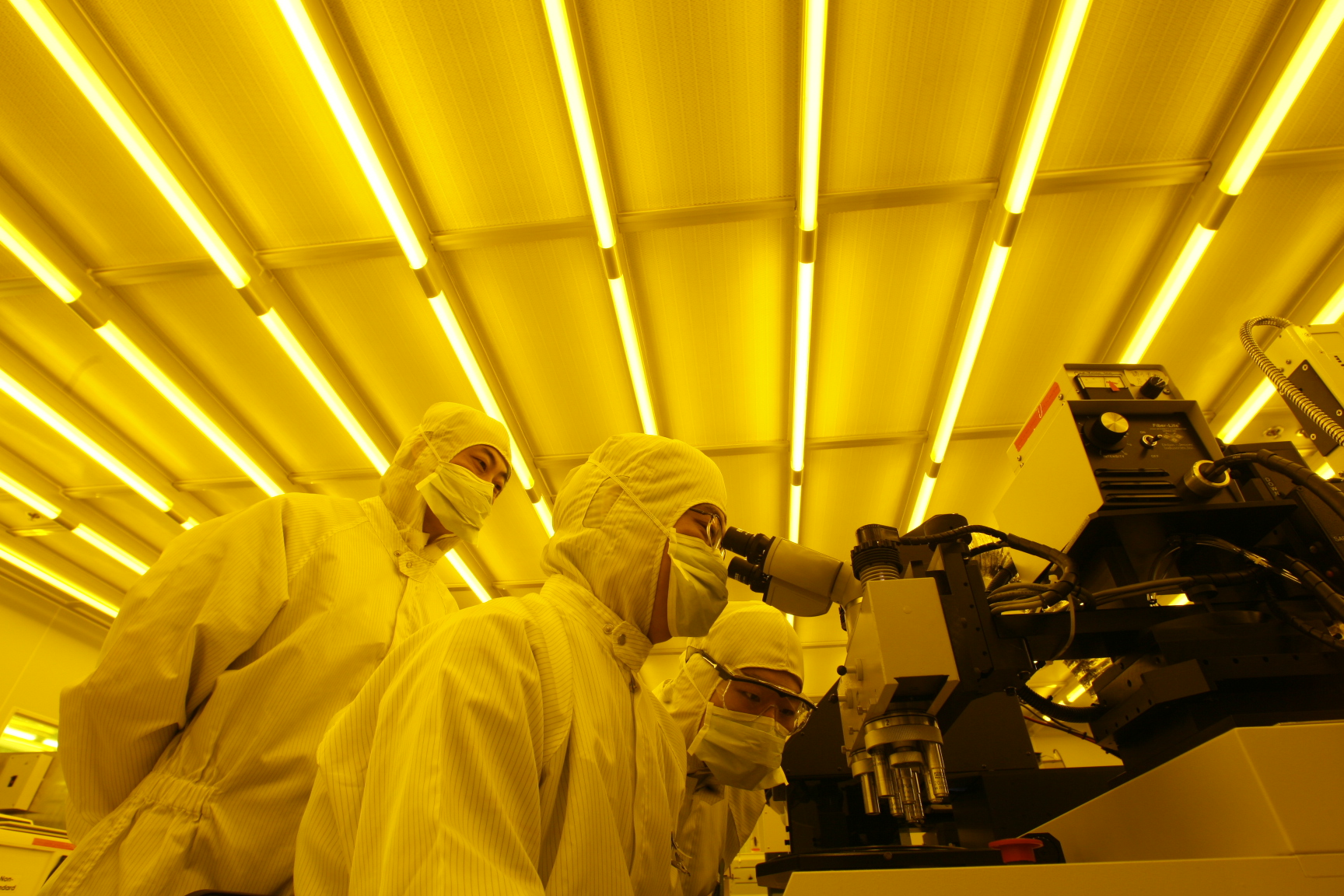The PhD degree is conferred primarily in recognition of breadth of scholarship, depth of research, and power to investigate problems independently and efficiently. In fulfilling the degree requirements, the student is expected to undertake the required course work, attend and present seminars, and conduct thesis research.
During the first two semesters, a full-time PhD student is expected to register in a combined total of 12 credits or more of graduate courses offered by Department of Physics (see physics PG courses offered by the Department). Students are required to complete at least 12 credits of approved Physics postgraduate courses. Full-time students are expected to complete the coursework requirements during the first two regular terms. Students with a first degree in an area other than Physics may be required to take additional courses.
In addition to physics postgraduate courses, a PhD student is required complete other departmental and university level courses that are part of the degree requirements.
A student in the PhD program is also required to pass the PhD Qualifying Examination (QE) within specific timelines depending on whether the student has MPhil degree or not. Student with a satisfactory academic records will then be admitted to PhD candidacy after which the student should register in PHYS 7990 Doctoral Thesis Research during regular terms (Fall/Spring term).
In the final stage of research, a PhD student is required to submit a thesis to the Department and subsequently present and defend it. Any student who has performed unsatisfactorily will be asked to re-submit and/or re-defend the thesis. A student is allowed a total of two attempts at passing the thesis examination. According to the university's guideline, the PhD study period is four(4) years for students who possesses a BSc degree or three(3) years for students who possesses a MPhil degree.
Application:

